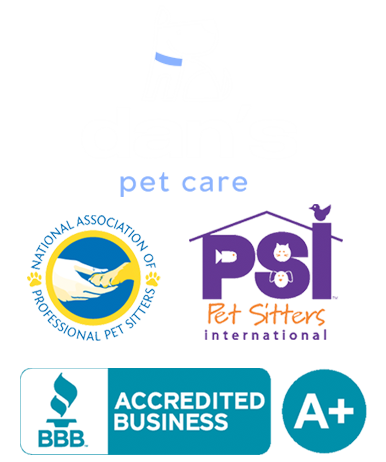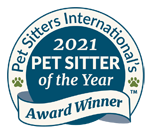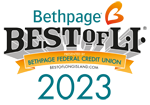Xylitol is estimated to be 100 times as toxic to dogs as chocolate
Xylitol, a sugar alcohol, is a white powder that looks and tastes very similar to sugar. While it can be found naturally in corn, oats, plums, berries, lettuce, mushrooms, trees, and hardwood trees and fruits, xylitol is commercially extracted from corn fiber, birch trees, hardwood trees, and other vegetable material.
Being just as sweet at sucrose yet containing only two-thirds of it's calories, xylitol is becoming an increasingly popular sugar substitute over the past few years. While it may be safe for human consumption, the exact opposite is true for those non-primate species like your four-legged friend at home. If eaten, the xylitol would quickly absorb into your dog's bloodstream, resulting in a rapid release of insulin from the pancreas and causing a life-threatening decrease in blood sugar.
Hypoglycemia is no joke.
In most cases, your dog will require hospitalization in order to monitor blood sugar, administer dextrose, intravenous fluids and liver protectants, as well as provide any needed supportive care. Hospitalization can be pricey (and manageable with insurance), but your pup deserves the best care possible to avoid further damage.
CHECK OUT PET INSURANCE OPTIONS HERE
In the most severe cases, a dog can develop seizures and even suffer liver failure. Symptoms of xylitol poisoning begin rapidly developing about 15-30 minutes after consumption; weakness, vomiting, depression or lethargy, tremors, difficulty walking or standing, seizures, and coma are all signs of hypoglycemia. The biggest downside, however, is that there is no antidote for xylitol poisoning for your dog... so you have to be sure to keep an eye out to avoid the problem all together!
Sugar-free gum is one of the main snacks posing the biggest threat to your pooch. With certain brands, only 9 pieces of gum can result in severe hypoglycemia in a 45-pound dog, while ingesting 45 pieces would cause liver failure. If you are using any products that contain xylitol, make sure that you are aware of storing it far out of your pets reach. Be sure you also check for xylitol listed in the ingredients as well as the sugar alcohol content listed in the Nutritional Content of your foods!
Identifying xylitol in peanut butter and other foods
Peanut butter is surely a main pet and owner snack favorite, but there are brands of peanut butter that are harmful to your pet! Numerous nut butter brands are using xylitol in their products, hiding a potentially serious problem for your pet. Some of these brands include Go Nuts, Krush Nutrition, Nuts 'N More, Co, P28 Foods, and Protein Plus PB.
Unfortunately, sometimes a persistent pooch will get his hands on the forbidden snack no matter what precaution you take. If you catch your dog chowing down on the sugar-free gum from your purse, take him to the vet who may induce vomiting to inhibit further absorption of the toxin. However if clinical symptoms have begun to develop, your vet will provide treatment based on the symptoms shown. In all cases, your dog will require hospitalization in order to monitor blood sugar, administer dextrose, intravenous fluids and liver protectants, as well as provide any needed supportive care.
With all of this being said, it is so much easier to prevent the problem all together! Try and take extra caution stowing away those sugar-free snacks so you and your pet can enjoy a happy and healthy home for as long as possible!
Written by Alison Heyman
Alison has been with Dan's Dog Walking and Pet Sitting since 2014 and has loved every second of it! She frequently hikes with her dog Maggie in the woods (click link to watch the awesome video!) and loves playing with her on the beach. Aly is a major advocate for the use of all natural pet products and specializes not only in giving animals the highest level of care, but also in creating educational material for our clients on how to best care for their pets with organic solutions.
Sources: VCA Animal Hospitals










